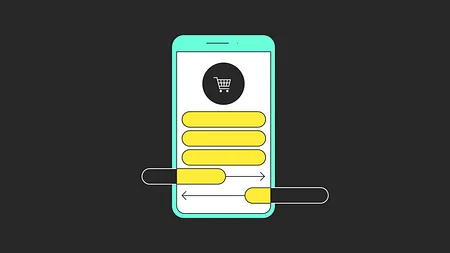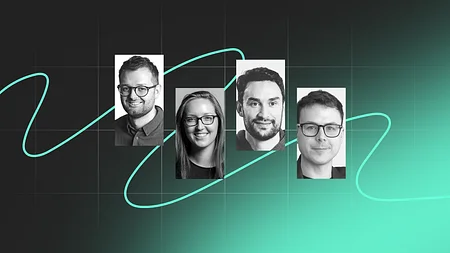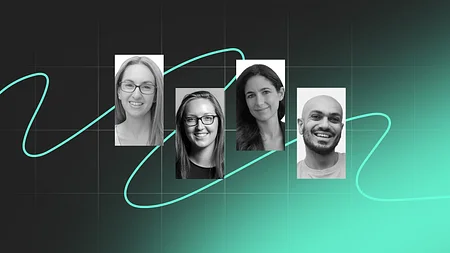IFGS: Husayn Kassai at Onfido Fintech Scotland and More
We went to the IFGS to meet some of the biggest and newest names in Fintech. We’re bringing you some fantastic insights from our first five interviewees on the fintech landscape for 2018.
Ross Gallagher and Simon Taylor spoke to:
Marieke Flament, Managing Director for Europe, Circle
Sophie Winwood, Head of Partnerships, Innovate Finance
Stephen Ingledew, CEO, Fintech Scotland
Husayn Kassai, CEO and Co-founder, Onfido
Listen to all the interviews in full on Fintech Insider here or stream them below.


